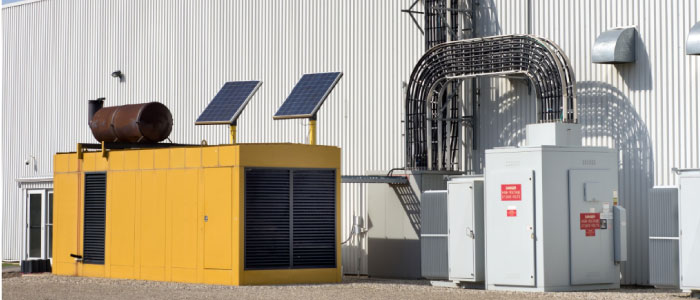Ghana: Important loadshedding considerations
Currently Ghana is undergoing an electricity crisis, known locally as ‘Dumsor’ or simply ‘loadshedding’. If you’re not in Ghana, you may not know that ‘Dumsor’ is formed from two Twi words: ‘dum’ and ‘sor’, meaning ‘off’ and ‘on’ respectively. In this feature we outline the crisis and our support for affected expats.
Ghana has been experiencing power outages for the last three years – making them the longest the country has experienced – and Executive Relocations in Africa has noted a significant increase in power cuts.
This is attributed to the water levels in Ghana’s main dams generating hydroelectricity not being sufficient for their turbines to operate. Reasons for the low water levels include lower than usual rainfall patterns and the construction of an upstream dam.
Impacts of loadshedding
At the start of 2015 electricity interruptions in Ghana would take place for a few hours on a weekly basis, but recently they have been more frequent and last for much longer periods: regularly up to one full day.
This has had a profound effect on Ghana’s property market. Landlords have generally increased their rent during 2015 by an average of USD500 per month, as backup electricity generators require additional maintenance and are running for longer periods at any given time.
ERA’s support
Our assignees can rest assured that ERA are only dealing with reputable agents and Property Managers who have implemented larger backup generators and plants in order to address the ongoing power crisis.
The increase in rental property costs is also being closely monitored by ERA. We strongly recommend for assignees to remain within secured complexes where Property Managers service and maintain power plants of a sufficient capacity to meet local demands.
Another important point to note is the payment of diesel costs, which are usually not part of your lease agreement.
In these situations ERA will enter further negotiations with the landlord to find a suitable calculation fee. Normally the diesel fee is simply split between the number of tenants occupying the property.
Landlords are also looking for cheaper and more affordable backup generators for standalone properties, and ERA is negotiating with landlords to include generators in ALL properties that ERA offers viewings of. Other landlords simply leave this burden to the tenants, who are responsible for their own backup electricity supply.
ERA continues to monitor the situation closely and we will ensure that our assignees’ best interests are always our first priority.
 +27 21 810 8000
+27 21 810 8000



Comments are closed.